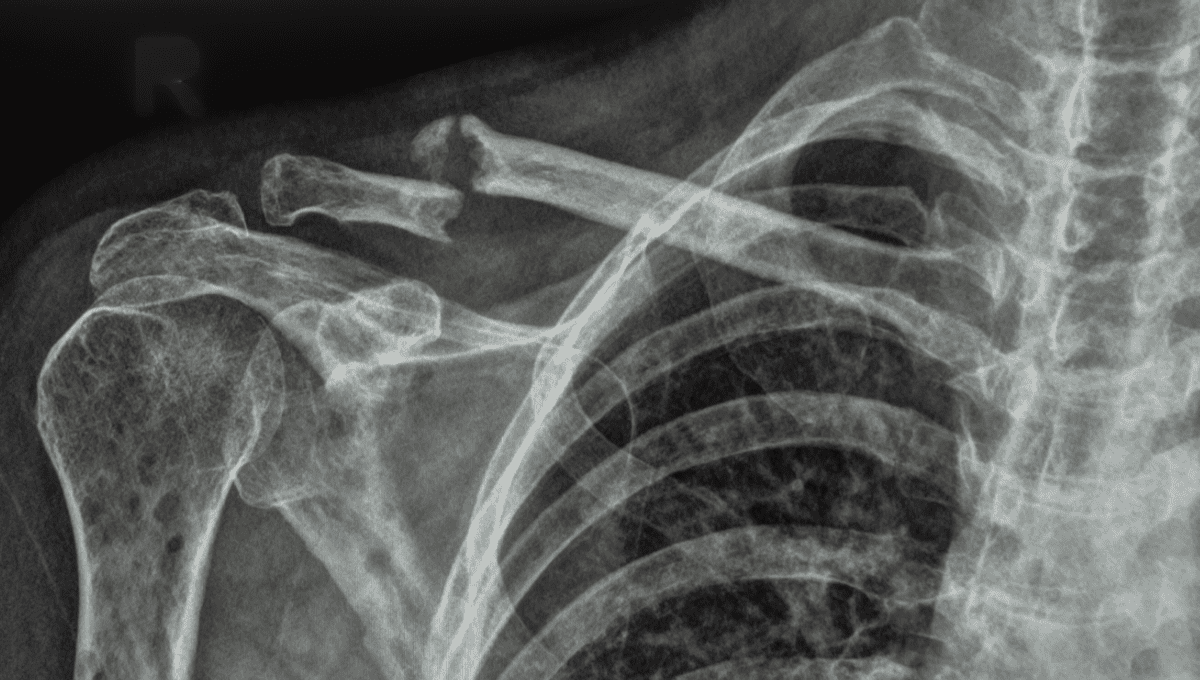
Multiple myeloma is an incurable type of bone marrow cancer; however, a new therapy has seen success in as many as 73 percent of patients across two clinical trials. The novel therapy works by turning the immune system on the body’s diseased bone marrow, killing the cancer cells.
It’s called bispecific antibody therapy (shelf name Talquetamab) and it works by directing T cells known as white blood cells – which are usually enlisted in fighting off disease – to attach to the cancerous myeloma cells developing in the bone marrow.
The immunotherapy differs from previous multiple myeloma treatments in targeting a specific receptor called GPRC5D that’s found on the cancer cells’ surfaces. It means diseased bone marrow can be destroyed while the healthy bone marrow needed to maintain an immune system is spared.
Remarkably, the therapy’s success was seen among patients whose disease had failed to respond to other multiple myeloma therapies. One of the complications of trying to treat multiple myeloma is that it is associated with repeated relapses, meaning the cancer goes but comes back again. However, the new bispecific antibody therapy was able to achieve good results even in people who had been unable to achieve lasting remission with previous therapies.
“This means that almost three-quarters of these patients are looking at a new lease on life,” said Dr Ajai Chari in a statement, Director of Clinical Research in the Multiple Myeloma Program at The Tisch Cancer Institute and lead author of both studies.
“Talquetamab induced a substantial response among patients with heavily pretreated, relapsed, or refractory multiple myeloma, the second-most-common blood cancer. It is the first bispecific agent targeting the protein GPRC5d in multiple myeloma patients.”
Of the 288 patients studied worldwide, around 73 percent responded to the therapy despite having seen no improvement with standard therapies in the past. Of those, over 30 percent had a complete response, meaning there was no evidence of disease following the therapy. Nearly 60 percent saw a significant response, meaning the cancer was reduced but not completely gone.
The results from the phase 2 trial are reported to currently support a response rate higher than that of most existing therapies, and therefore paint a promising picture for the future of Talquetamab and the management of multiple myeloma.
The results were published in the New England Journal of Medicine.
Source Link: New Multiple Myeloma Therapy Sees Success In Over 70 Percent Of Patients